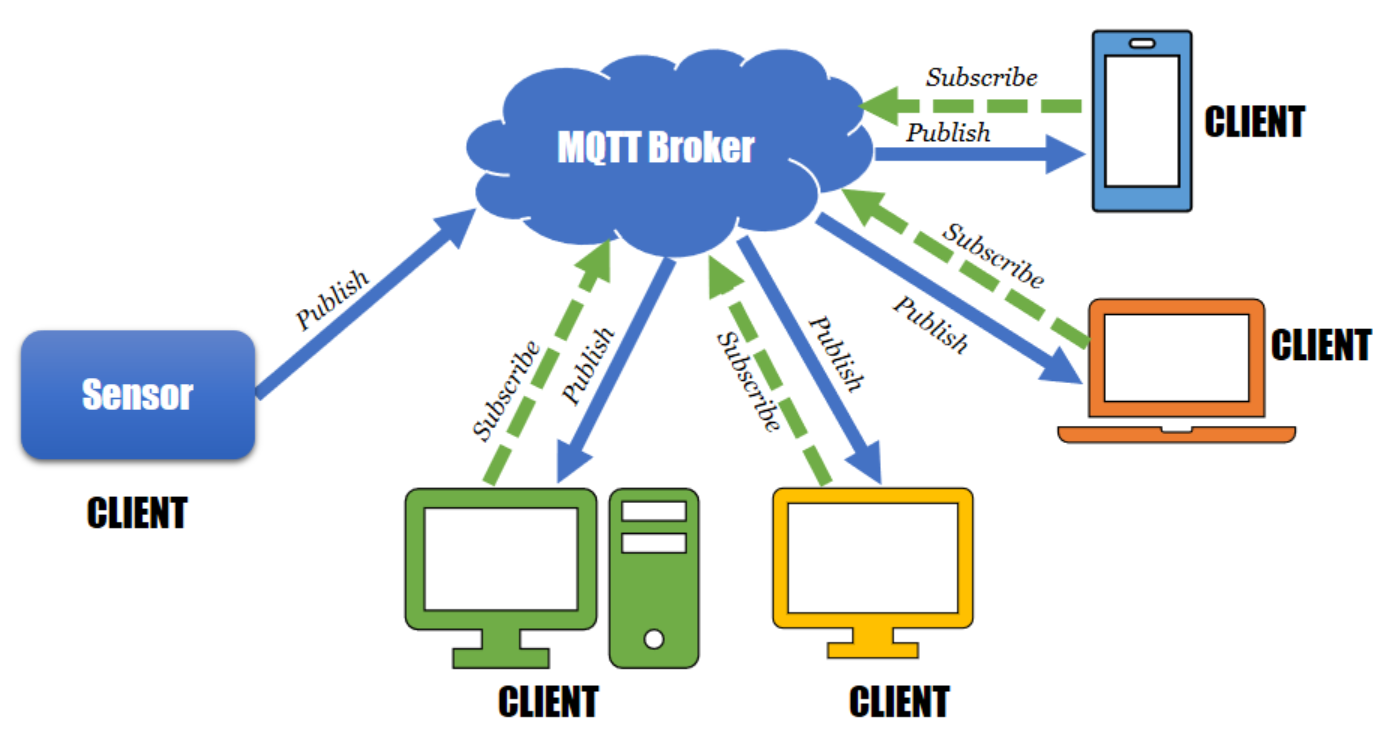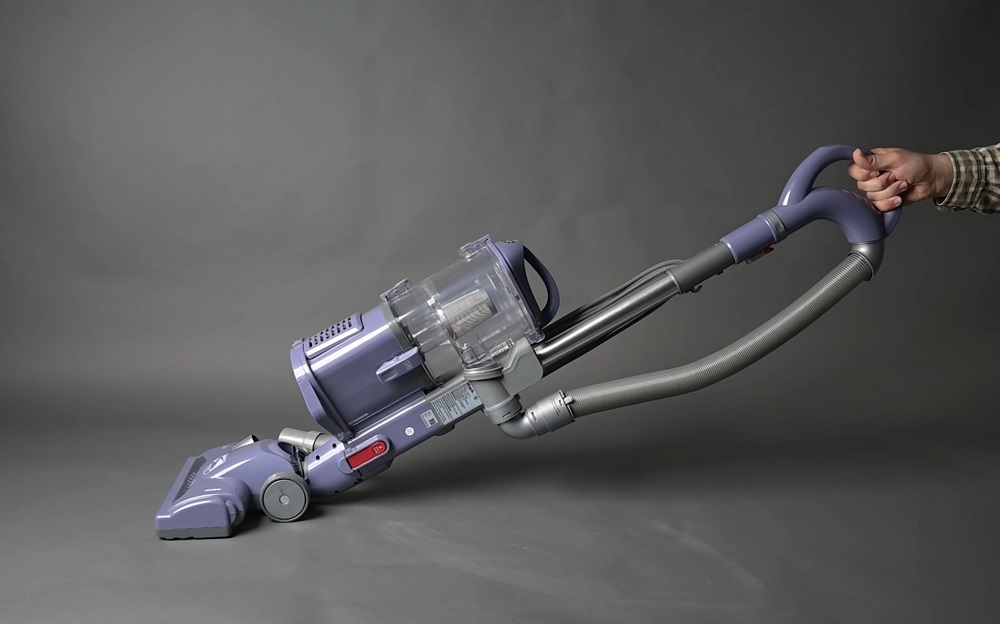Revolutionizing Industries with VR Simulation Training

Transforming Professional Development
Virtual Reality (VR) simulations are revolutionizing the way industries approach training and development. By providing immersive, interactive experiences, VR simulations enhance knowledge retention and skill acquisition, transforming professional development in various sectors.
Enhanced Knowledge Retention
Traditional training methods often rely on passive learning techniques, such as lectures and presentations, which can lead to poor knowledge retention. VR simulations, on the other hand, engage users in an immersive environment, making learning an active experience. This interactive approach has been shown to significantly improve knowledge retention rates, as users are more likely to remember experiences than mere information.
Improved Skill Acquisition
VR simulations provide a safe and controlled environment for users to practice and develop new skills. By simulating real-world scenarios, users can hone their skills without the risk of errors or accidents, making them more confident and competent in their roles. This is particularly beneficial for industries where training involves high-risk situations, such as healthcare, aviation, or the military.
Enhancing Soft Skills in VR
Virtual reality (VR) simulations have revolutionized the way we approach soft skills training, enabling professionals to develop and refine essential skills in a controlled and immersive environment.
Effective Soft Skills Training
VR simulations are particularly effective for soft skills training, such as:
- Communication: VR simulations allow professionals to practice effective communication, active listening, and clear expression of ideas in a realistic and interactive setting.
- Teamwork: VR enables teams to collaborate and work together in a virtual environment, promoting teamwork, trust, and mutual understanding.
- Leadership: VR simulations provide a platform for professionals to develop leadership skills, such as decision-making, problem-solving, and strategic thinking.
Realistic and Risk-Free Environment
In a controlled VR environment, professionals can practice and refine these skills without real-world consequences, allowing for:
- Experimentation and innovation, without fear of failure
- Personalized feedback and assessment, for targeted improvement
- Repetition and reinforcement, for long-term retention and skill development
By leveraging VR simulation training, professionals can enhance their soft skills, leading to improved performance, increased productivity, and enhanced career prospects.
Industry-Specific Applications
Virtual Reality (VR) simulation training is transforming the way professionals prepare for complex situations across various industries. The technology has proven to be highly effective in creating immersive and interactive learning experiences that enhance skill development, decision-making, and crisis management.
Healthcare
In the healthcare sector, VR simulations are being utilized to train medical professionals in a risk-free environment. These simulations replicate real-world scenarios, allowing healthcare providers to practice surgeries, emergency response procedures, and patient interactions. This technology has been particularly beneficial for training surgeons, nurses, and emergency responders, resulting in improved patient outcomes and reduced medical errors.
Aviation
The aviation industry has also embraced VR simulation training to enhance pilot training and reduce costs associated with traditional flight simulation methods. VR simulations mimic the cockpit environment, allowing pilots to practice critical scenarios such as emergency landings, turbulence, and system failures. This technology has improved pilot readiness, reduced training time, and increased overall safety.
Manufacturing
In manufacturing, VR simulations are used to train employees on complex equipment operation, maintenance, and quality control procedures. These simulations reduce the risk of accidents, improve productivity, and enhance product quality. Additionally, VR training allows manufacturers to simulate production scenarios, identify potential bottlenecks, and optimize production processes.
Other Industries
Beyond healthcare, aviation, and manufacturing, VR simulation training is being applied in various other sectors, including:
- Military and defense: for tactical training and mission rehearsal
- Education: for interactive learning experiences in fields like science, technology, engineering, and mathematics (STEM)
- Oil and gas: for offshore drilling and rig operations training
- Construction: for safety training and site management
By leveraging VR simulation training, industries can mitigate risks, improve performance, and reduce costs associated with traditional training methods.
The Future of Workforce Development The integration of Virtual Reality (VR) simulation training into various industries marks a significant shift in workforce development. As VR technology advances, we can expect to see even more sophisticated simulations and training programs. These advancements will enable organizations to provide immersive, interactive, and engaging learning experiences that better prepare employees for real-world challenges. Enhanced Training Capabilities VR simulation training offers unparalleled benefits, including: Improved knowledge retention: Interactive simulations enhance learning retention, reducing the need for repetitive training sessions. Increased efficiency: Simulated environments allow employees to practice and hone skills without the risks and costs associated with real-world training. Personalized learning: VR training can be tailored to individual needs, addressing specific skill gaps and learning styles. Industry-Wide Adoption The potential for VR to transform workforce development is vast, and industries are taking notice. From healthcare and manufacturing to aviation and military, organizations are leveraging VR simulation training to: Enhance operational safety: Realistic simulations reduce the risk of accidents and errors, promoting a culture of safety. Foster collaboration: Multi-user VR environments facilitate teamwork and communication, essential for complex operations. Reduce costs: Simulated training eliminates the need for physical equipment and reduces logistical expenses. The Road Ahead As VR technology continues to evolve, we can anticipate even more innovative applications in workforce development. Some emerging trends include: Artificial Intelligence (AI) integration: AI-powered VR simulations will create adaptive learning experiences, adjusting difficulty levels and scenarios in real-time. Cloud-based training: Cloud-based VR training platforms will enable seamless accessibility and scalability. Mixed Reality (MR) convergence: The blending of VR and augmented reality (AR) will create hybrid training environments, further enhancing realism and effectiveness. The future of workforce development is undoubtedly linked to the advancement of VR simulation training. As industries continue to adopt and innovate, the possibilities for enhanced productivity, safety, and efficiency will only continue to grow.


















Comments ()